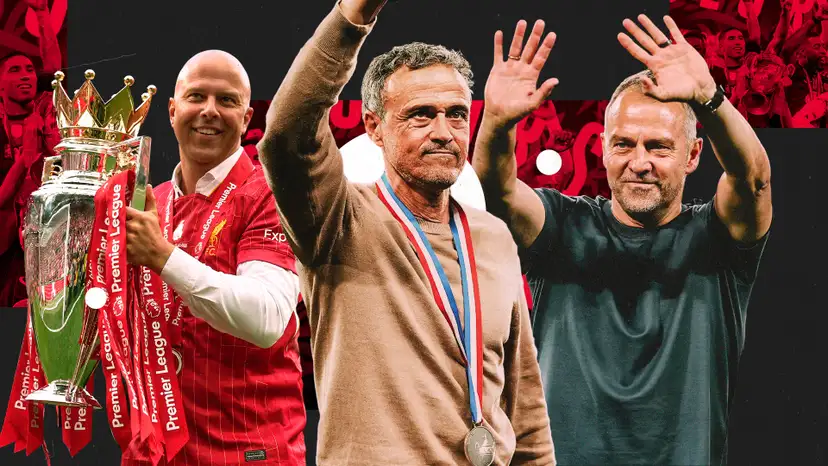
Luis Enrique, Antonio Conte and the Top 10 Managerial Jobs of the 2024-25 European Season – Ranked
A Season of Tactical Brilliance and Inspirational Leadership
The 2024-25 European football season may go down as one of the most tactically compelling and emotionally charged in recent memory. While the likes of Luis Enrique, Antonio Conte, Arne Slot, Hansi Flick and Vincent Kompany claimed domestic titles in their respective leagues, the managerial excellence on display extended far beyond silverware. From seasoned tacticians guiding traditional giants back to glory, to underdog bosses rewriting club history, this campaign showcased the vast spectrum of brilliance across the touchline.
Whether it was orchestrating European comebacks, instilling belief at faltering clubs, or crafting silverware-winning gameplans with limited resources, the following ten managers stood above the rest — not just for their trophies, but for how much they achieved relative to the cards they were dealt.
Let’s count down the ten standout coaching jobs across Europe’s top leagues in 2024-25.
10. Niko Kovač (Borussia Dortmund) – The Tactical Rescuer
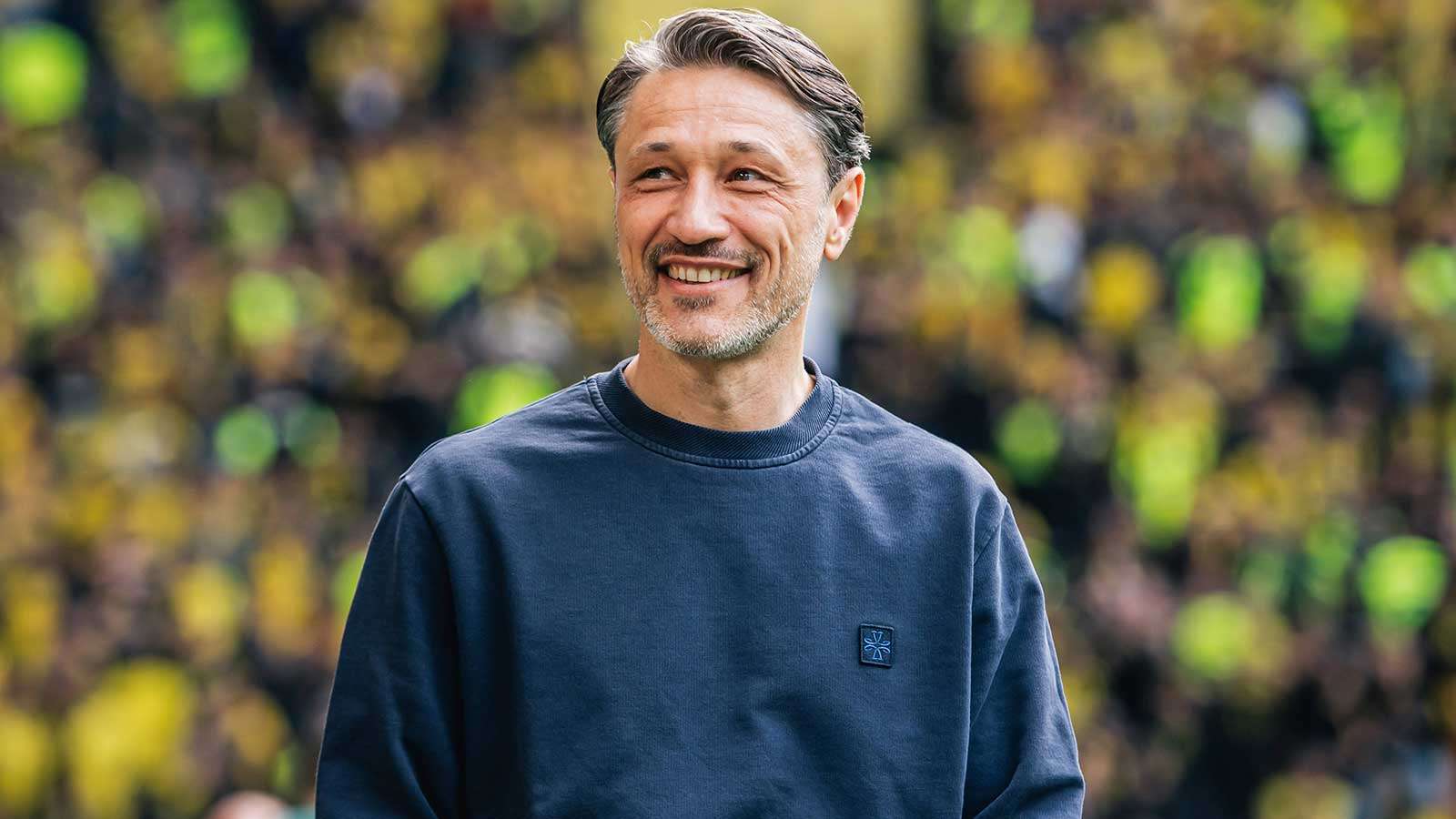
Kovac
Appointed in late January with Dortmund languishing in 11th and seemingly in disarray, Niko Kovač faced one of the toughest assignments in European football: stabilise a broken side and keep them in contention in Europe. Initially, the Croatian endured a rocky start, losing four of his first six Bundesliga matches. But a pivotal tactical switch to a 3-4-3 formation changed everything.
Dortmund surged to seven wins in their final eight league fixtures, snatching fourth place and returning to the Champions League. More than just results, Kovač transformed BVB into one of Europe’s most lethal counter-attacking teams, with Serhou Guirassy and Karim Adeyemi among the standout performers. His mid-season turnaround was nothing short of miraculous.
9. Nuno Espírito Santo (Nottingham Forest) – A Continental Dream Realised
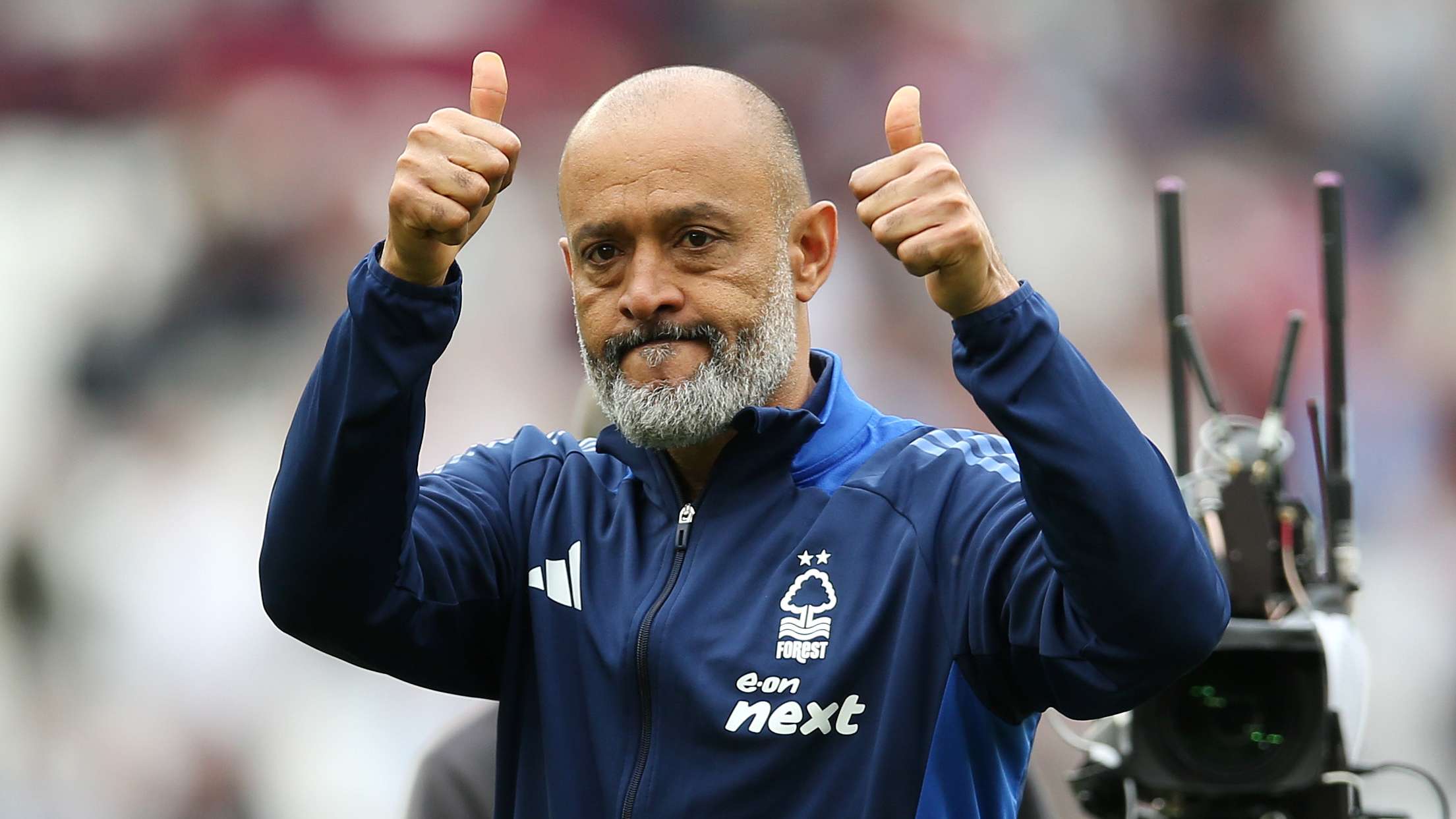
Nuno Espirito Santo (Nottingham Forest)
Few would have predicted that Nottingham Forest, battling for survival just a season ago, would be back in Europe. But Nuno Espírito Santo didn’t just steady the ship — he steered it into uncharted waters.
After reshaping the squad with smart summer signings like Nikola Milenković and Morato, Forest became a dangerous counter-attacking outfit. Chris Wood, Anthony Elanga and Morgan Gibbs-White thrived in Nuno’s system, helping the club clinch a Conference League spot. That marked their first European qualification in 30 years.
Even amid rumours of a fractured relationship with owner Evangelos Marinakis, Nuno’s impact cannot be overstated. Forest fans will remember him as the man who restored belief and European football to the City Ground.
8. Claudio Ranieri (Roma) – The Eternal Motivator
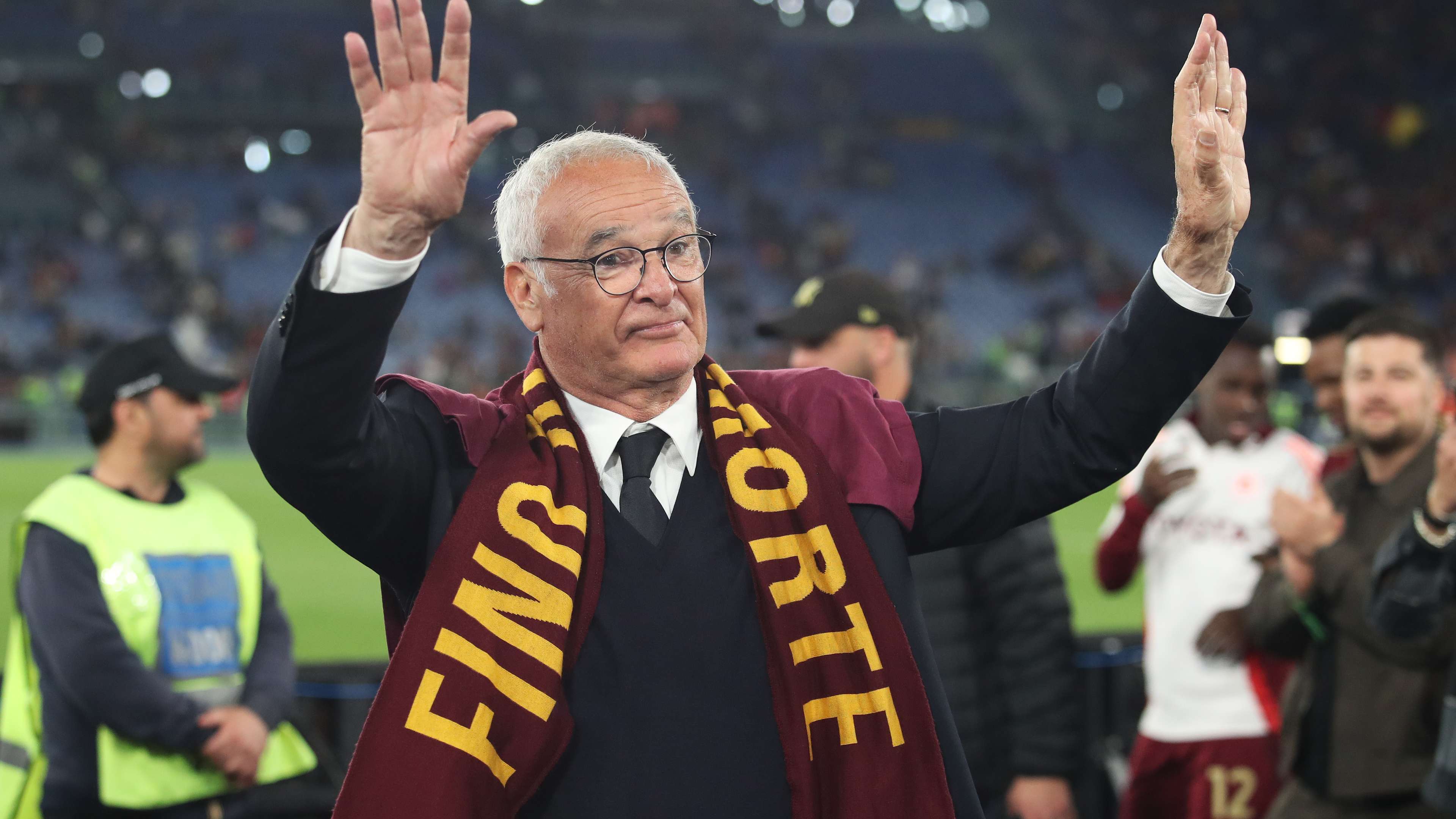
Claudio Ranieri
Claudio Ranieri’s return to Roma at 73 seemed like an emotional gesture rather than a strategic move. But once again, the Italian defied expectations. With Roma floundering in 12th when he took over in November, few imagined the Giallorossi would come within a whisker of a top-four finish.
A 19-game unbeaten run in Serie A saw Ranieri harness the talents of Mats Hummels, Leandro Paredes and Matías Soulé, with Roma playing vibrant, cohesive football. Although Juventus’s final-day win dashed their Champions League hopes, Ranieri bowed out (again) with dignity and admiration. He reminded the football world why he’s one of the greatest man-managers of all time.
7. Oliver Glasner (Crystal Palace) – The Cup Conqueror
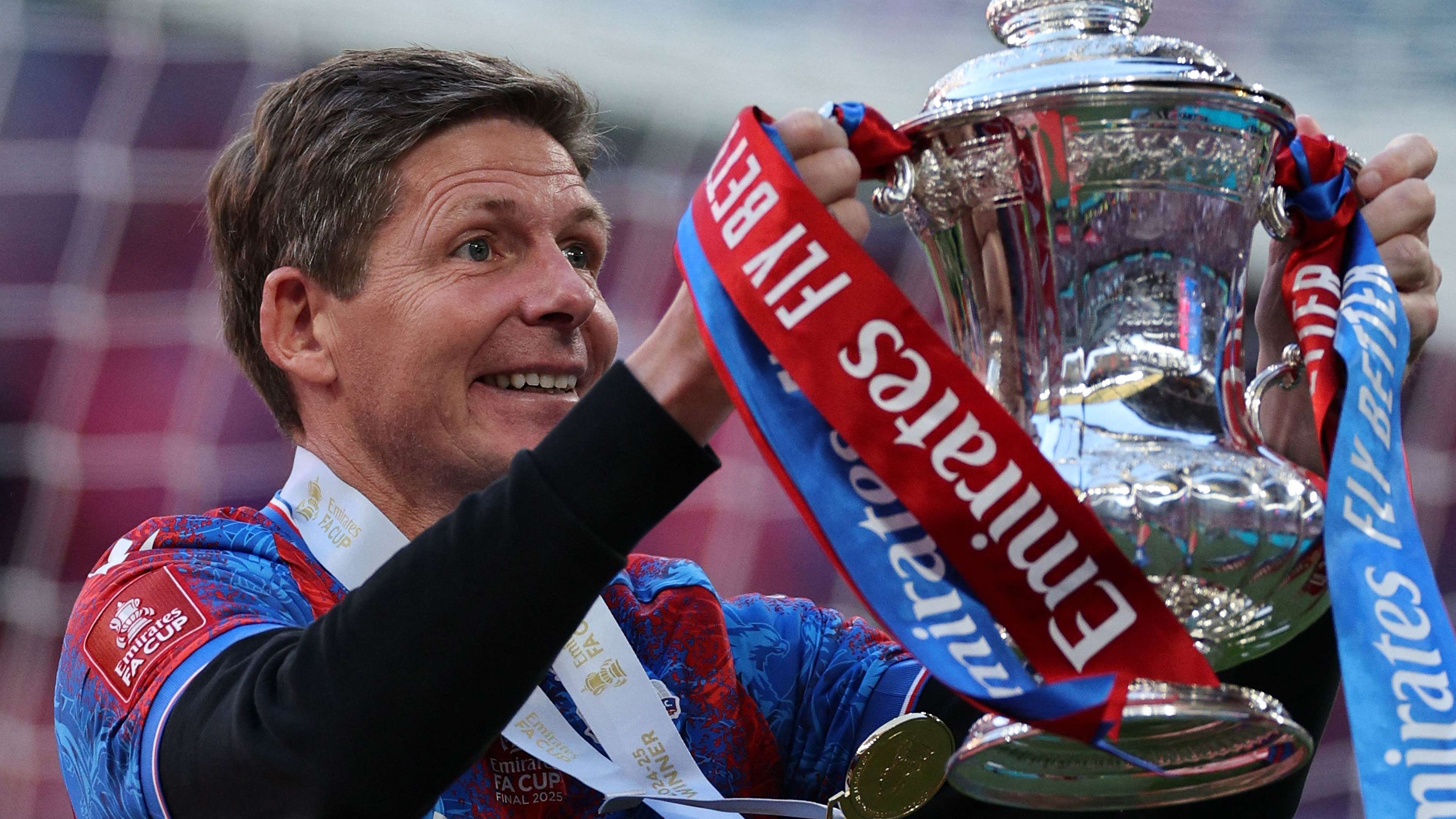
Oliver Glasner (Crystal Palace)
Oliver Glasner’s journey at Crystal Palace has been one of resilience and reinvention. Losing key figures like Michael Olise and Joachim Andersen could have derailed any team, and early-season form suggested disaster. But the club’s patience was rewarded in spectacular fashion.
After steering Palace out of the relegation zone with a post-New Year surge, Glasner masterminded an unforgettable FA Cup run. The crowning moment came at Wembley as the Eagles stunned Manchester City with a 1-0 victory, courtesy of Eberechi Eze’s counter-attacking brilliance.
It was Palace’s first-ever major trophy — a feat that immortalises Glasner in the club’s folklore.
6. Vincenzo Italiano (Bologna) – From One-Season Wonders to Cup Champions
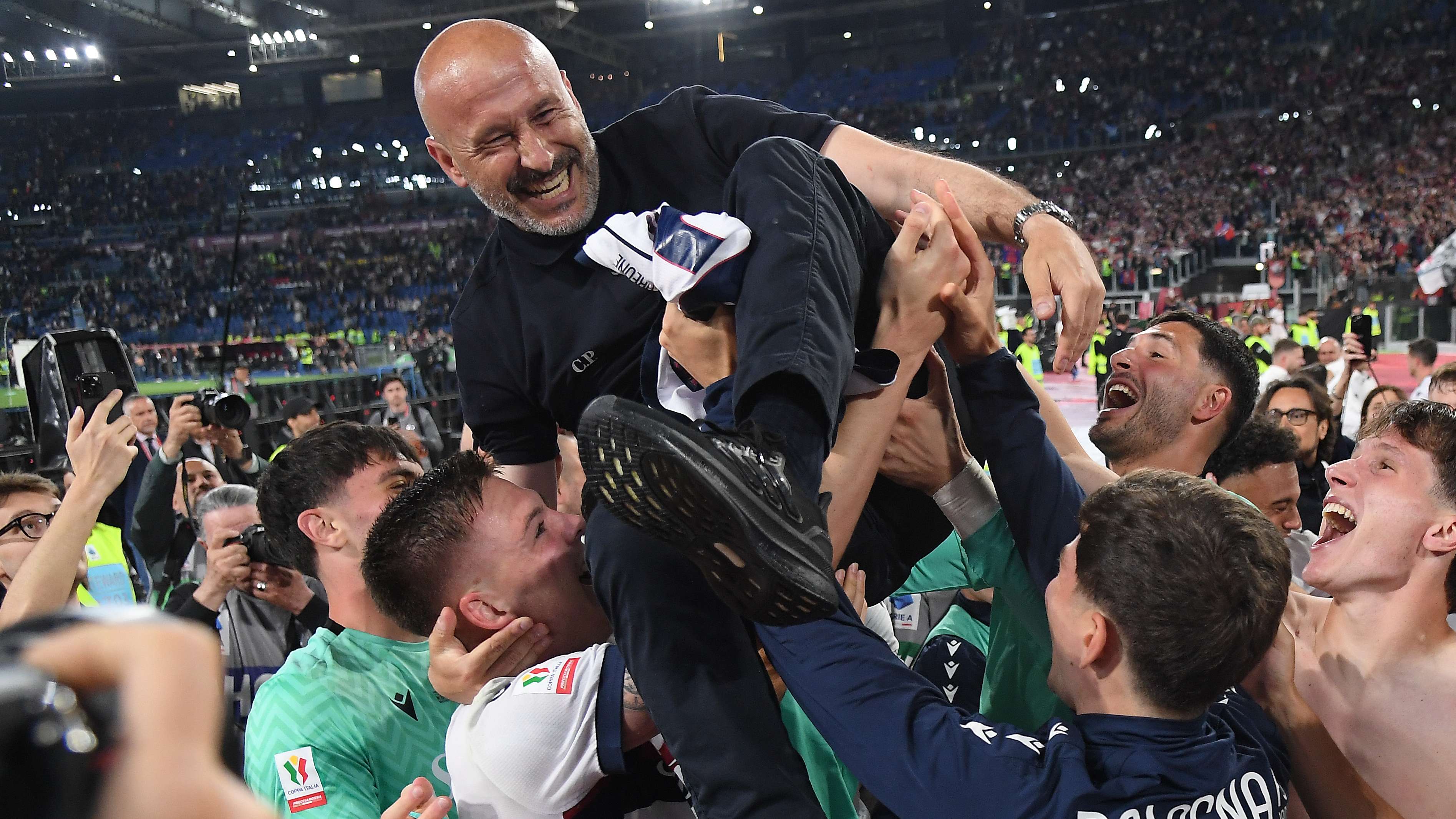
Vincenzo Italiano (Bologna)
Taking over a team that had just reached the Champions League for the first time in history is no easy feat. Doing so after the departure of star players Riccardo Calafiori and Joshua Zirkzee made Italiano’s task doubly difficult.
Despite a slow start, Bologna found their rhythm under Italiano, with the midfield duo of Lewis Ferguson and Remo Freuler pivotal. Though they narrowly missed out on a top-four finish, they compensated with a historic Coppa Italia triumph over AC Milan — their first trophy in 51 years.
Italiano proved himself as a flexible and calm presence in the dugout, shedding the “nearly man” tag from his Fiorentina days.
5. Eddie Howe (Newcastle United) – Ending the 70-Year Wait
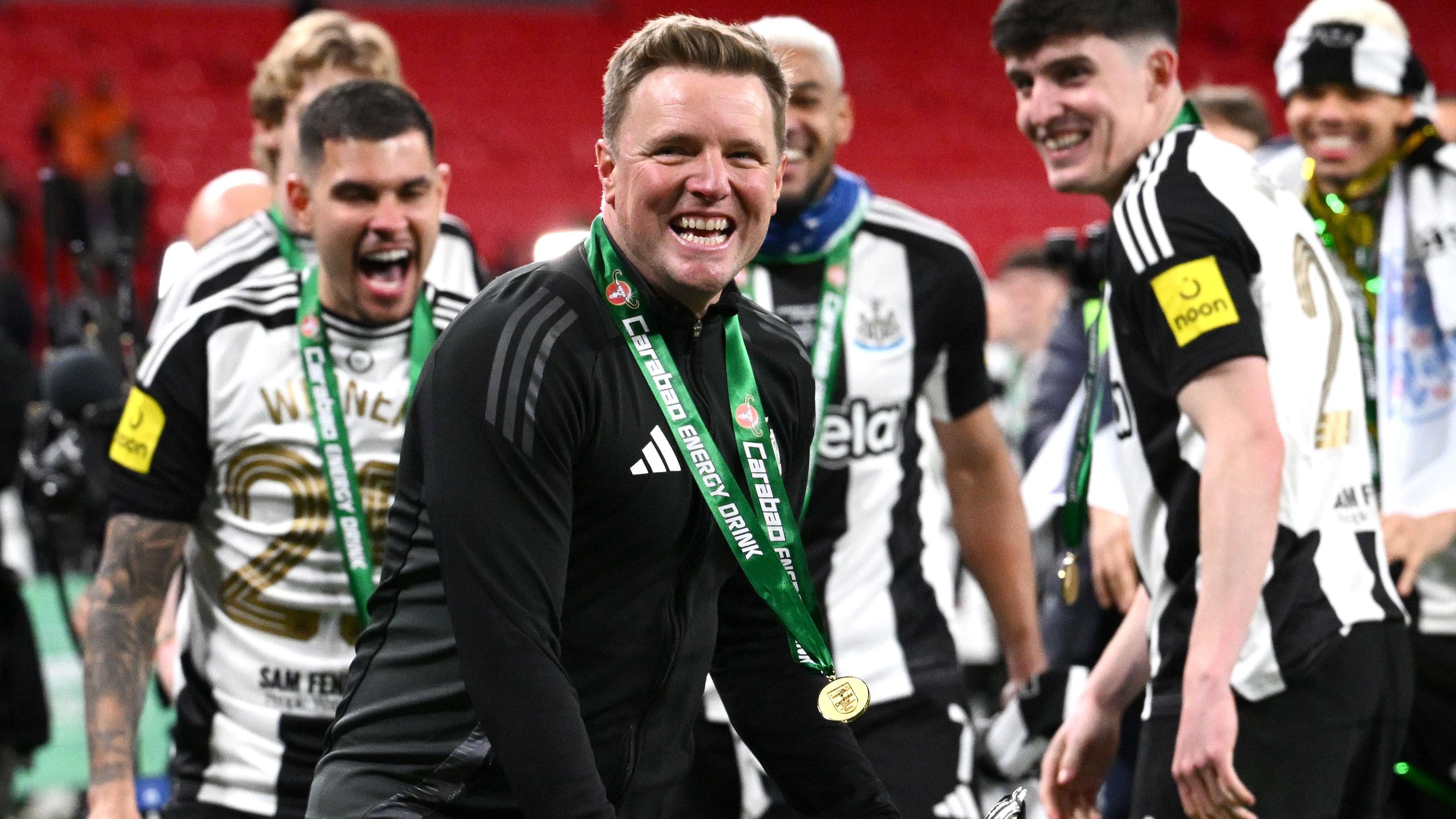
Eddie Howe (Newcastle)
Eddie Howe has already worked wonders at Newcastle, but 2024-25 elevated his status to club legend. After a disappointing seventh-place finish the previous year, doubts lingered about whether Howe could deliver silverware.
He answered those questions emphatically.
A Carabao Cup win — Newcastle’s first domestic trophy in 70 years — and a fifth-place league finish to re-enter the Champions League proved Howe’s credentials. With players like Alexander Isak and Sandro Tonali thriving under his stewardship, Howe’s tactical nous and motivational skill have made Newcastle serious players once more.
4. Antonio Conte (Napoli) – The Master of the Revival
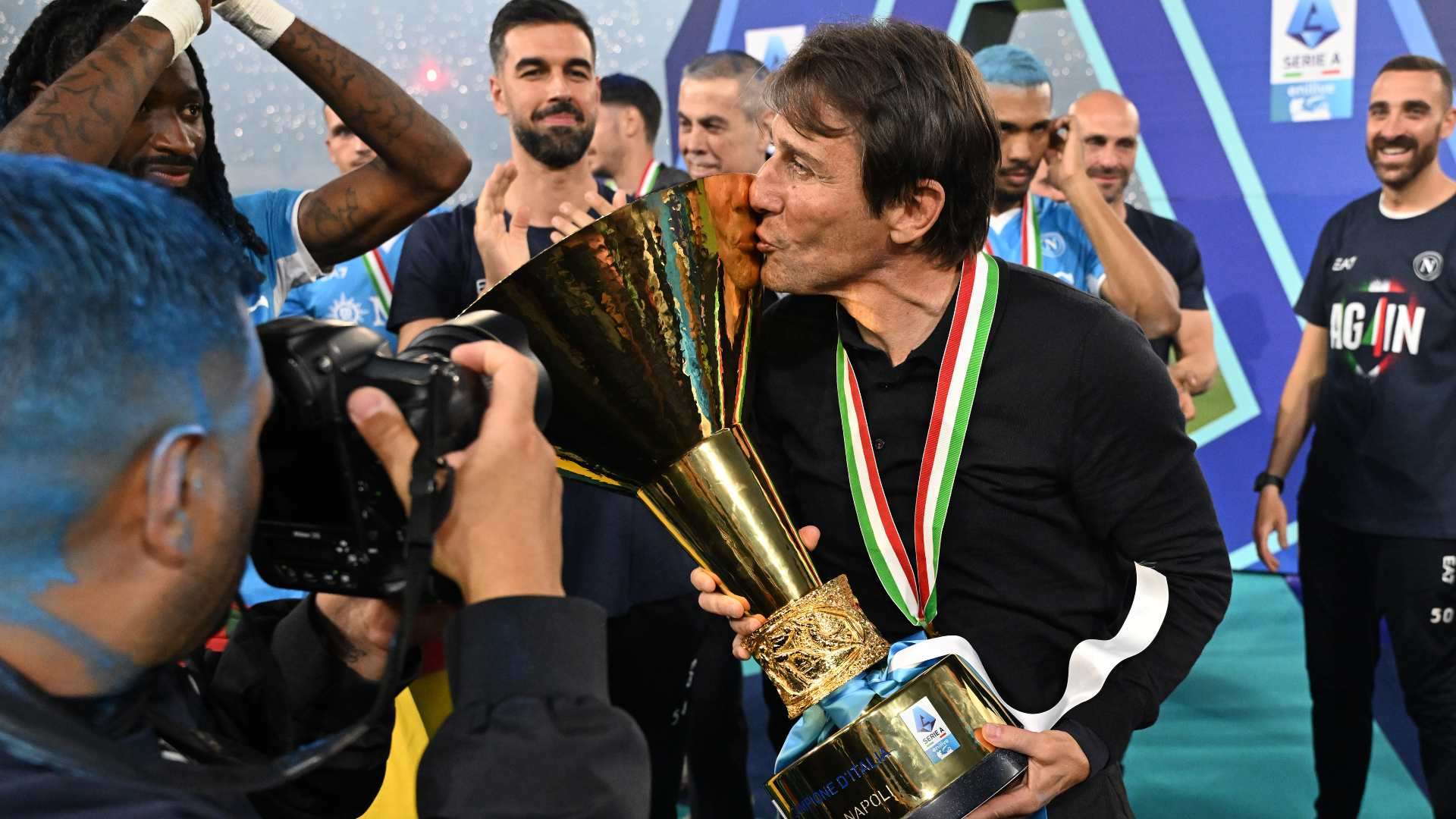
Antonio Conte (Napoli)
Antonio Conte was written off after his Tottenham debacle. But at Napoli, he found the perfect canvas for redemption.
Taking over a side that had plummeted to 10th in Serie A, Conte galvanised Napoli with trademark intensity and discipline. Key to his success was the smart recruitment of Scott McTominay, Billy Gilmour, and Romelu Lukaku — the latter rekindling his best form under a familiar mentor.
McTominay emerged as Serie A MVP with 16 goal contributions, while Napoli’s relentless pressing and swift transitions became their hallmark. Overcoming the sale of Khvicha Kvaratskhelia mid-season, Conte led the Partenopei to an unlikely Scudetto.
For Conte, this wasn’t just a title — it was the crowning achievement of his career.
3. Hansi Flick (Barcelona) – A New Era Begins
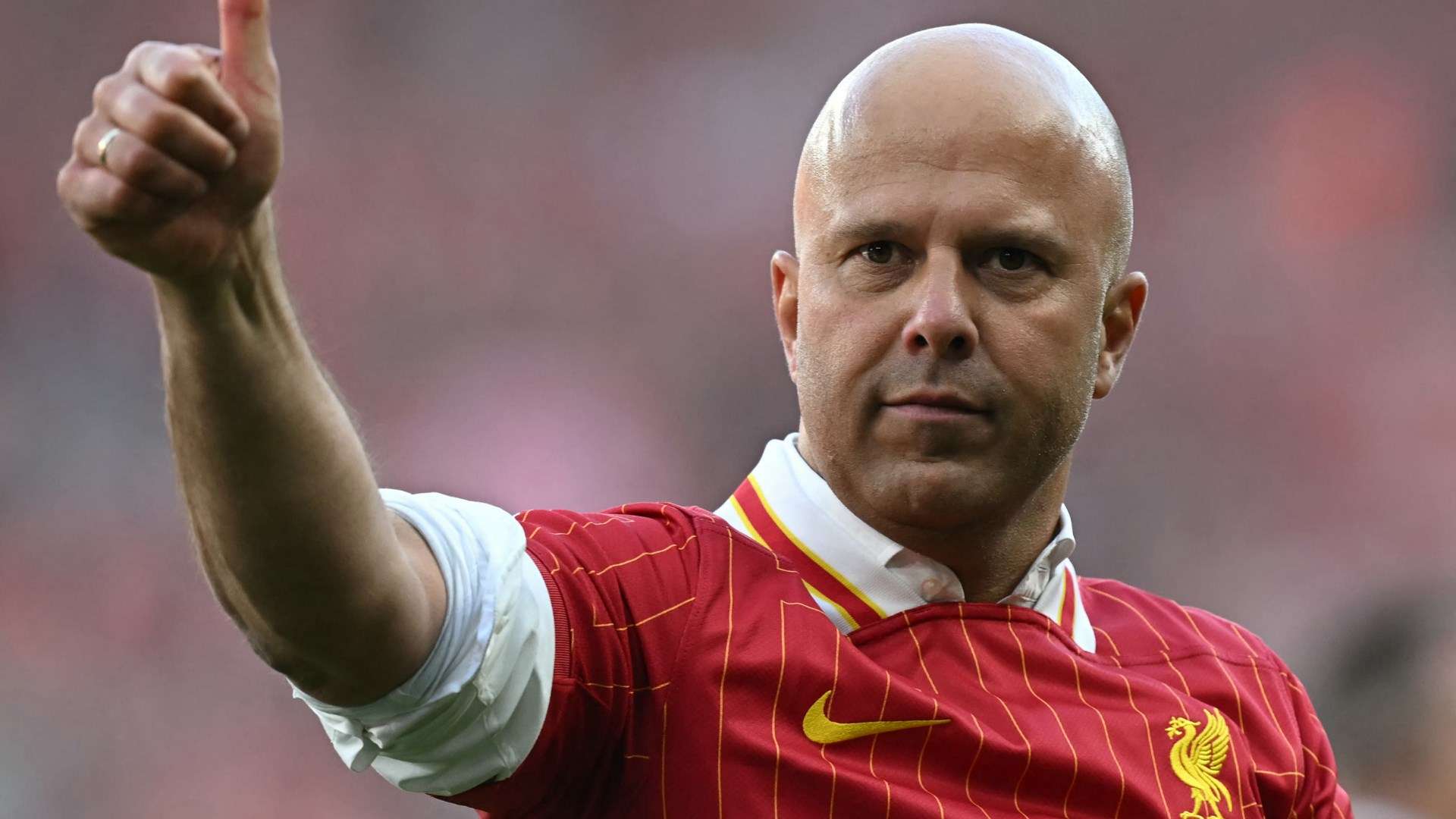
Arne Slot (Liverpool)
Hansi Flick’s appointment at Barcelona marked a philosophical shift. Tasked with rebuilding an aging, financially hamstrung squad, the German tactician relied heavily on La Masia graduates and intelligent positional play.
Flick led Barça to their first LaLiga title in four years with a high-pressing, attacking approach that brought out the best in Gavi, Pedri, and Lamine Yamal. Their Champions League semi-final appearance — which included a famous victory over Manchester City — further confirmed that the Catalan giants are back on the elite stage.
Flick’s ability to blend youth with tactical identity has laid the groundwork for a new golden generation at the Camp Nou.
2. Arne Slot (Liverpool) – Klopp’s Impossible Successor
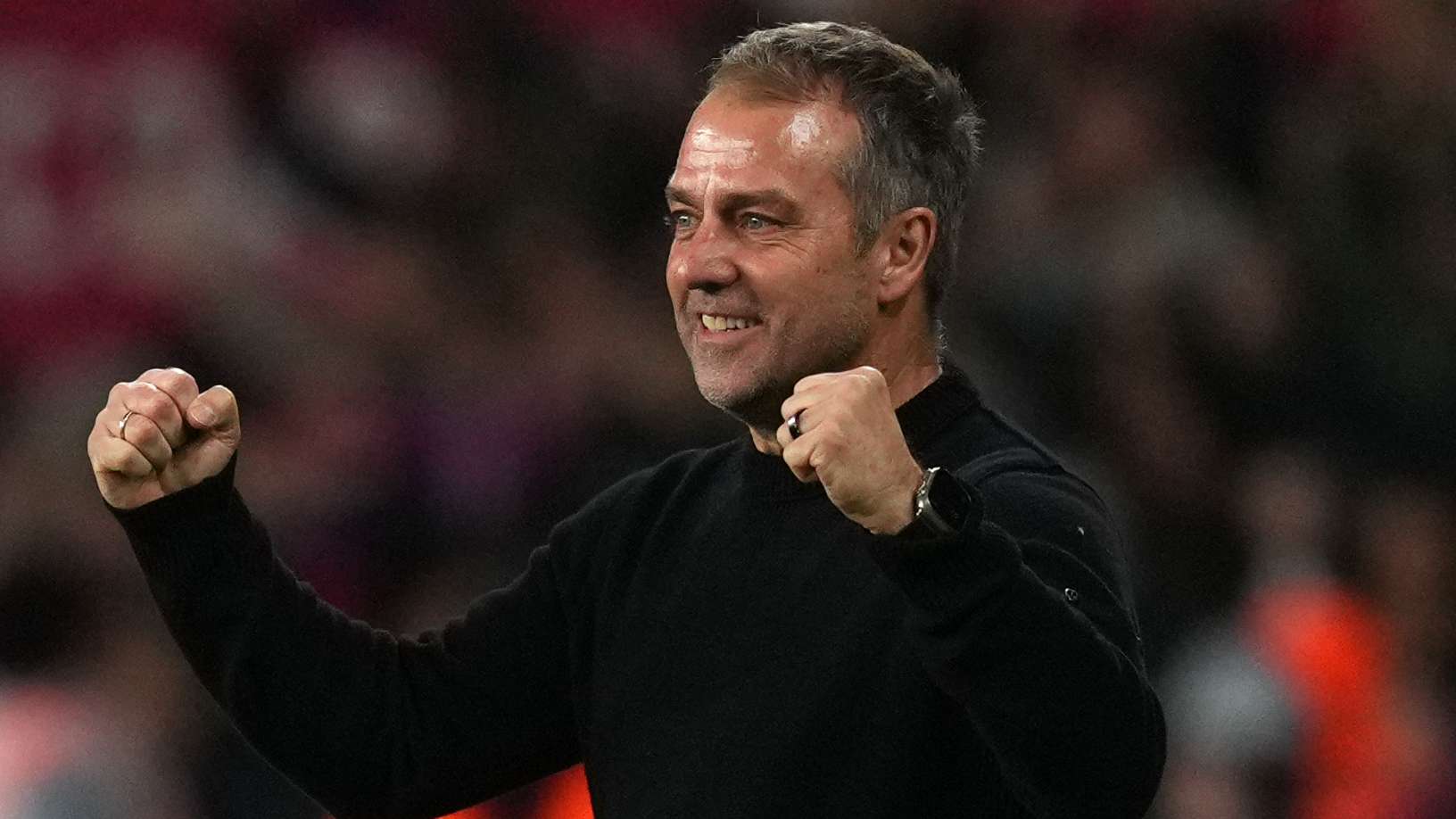
Hansi Flick (Barcelona)
Replacing Jürgen Klopp was arguably the most unenviable job in football, but Arne Slot made it look like a seamless transition. Coming off Feyenoord success, he embraced the challenge at Liverpool with calm confidence.
Slot guided the Reds to the Premier League title in a thrilling race, navigating a tough winter schedule with minimal injuries and rotating his squad superbly. His faith in youth — particularly the emergence of Bobby Clark and Ben Doak — paid dividends, while stalwarts like Virgil van Dijk and Mohamed Salah delivered one more epic campaign.
Slot didn’t just keep the Klopp legacy alive — he carved out his own.
1. Luis Enrique (Paris Saint-Germain) – Europe Conquered at Last
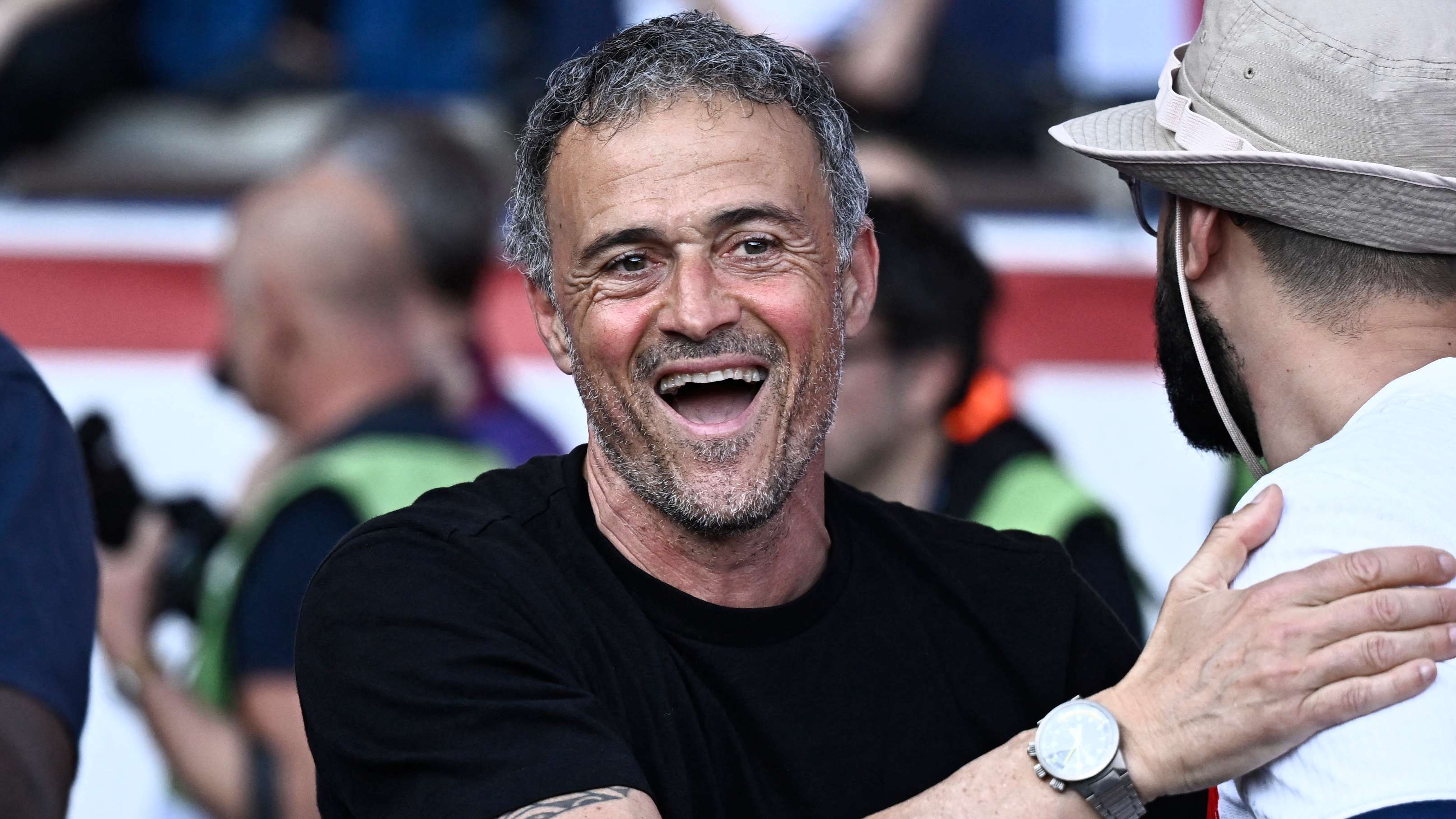
Luis Enrique (Paris Saint-Germain)
For all of PSG’s domestic dominance, the Champions League remained their white whale. Enter Luis Enrique — a manager with both the tactical acumen and psychological edge needed to break the curse.
Enrique didn’t just win Ligue 1; he took PSG to the summit of Europe. His side triumphed in the Champions League, dispatching Real Madrid and Bayern Munich en route to lifting the trophy in London.
Crucially, Enrique achieved this while pivoting away from a Galáctico model, building a more cohesive and balanced unit with stars like Vitinha, Ousmane Dembélé and Randal Kolo Muani. This wasn’t just a team of individuals — it was a true footballing machine.
His PSG reign may well be the template for sustainable success in Paris going forward.
Final Thoughts: A Season for the Ages
From titans reclaiming their place at the top, to underdogs redefining what’s possible, the 2024-25 European season reminded us that the manager’s seat is still the sport’s most pivotal position. Whether with limited means or billionaire backers, each of these ten men delivered brilliance in their own unique way.
And with the managerial carousel already in motion for next season, we can only hope for more of the same compelling drama — both on the pitch and on the touchline.


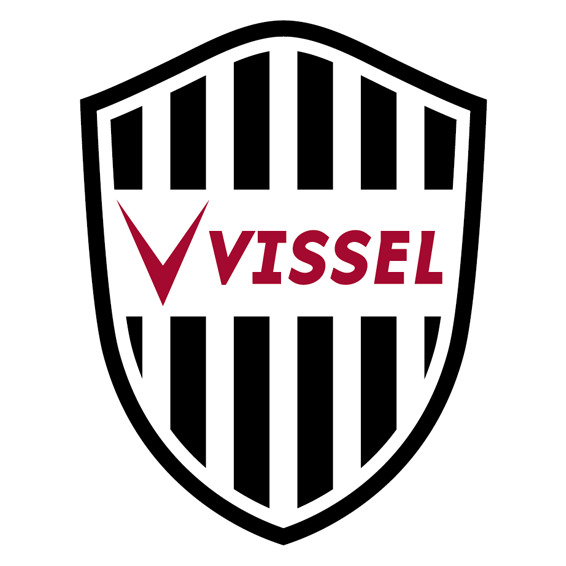




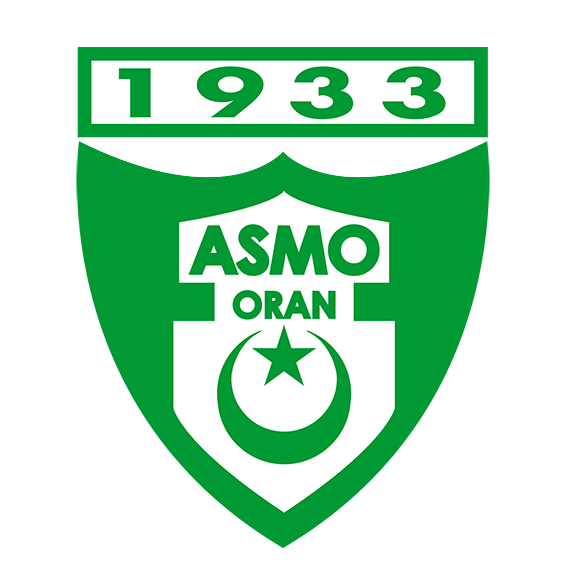



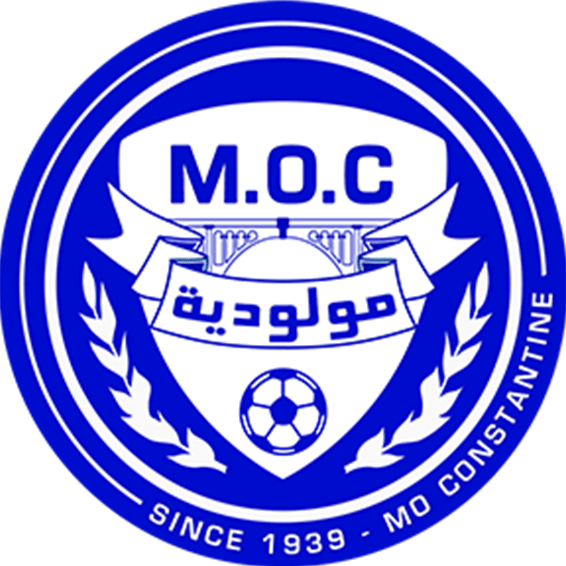





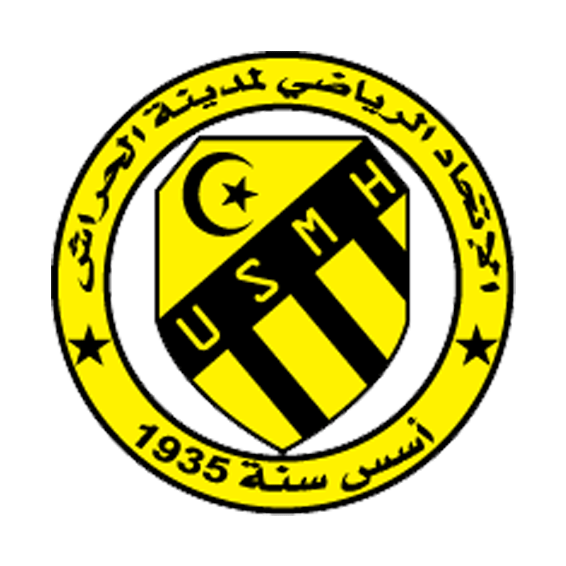
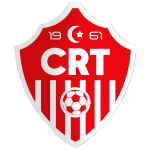








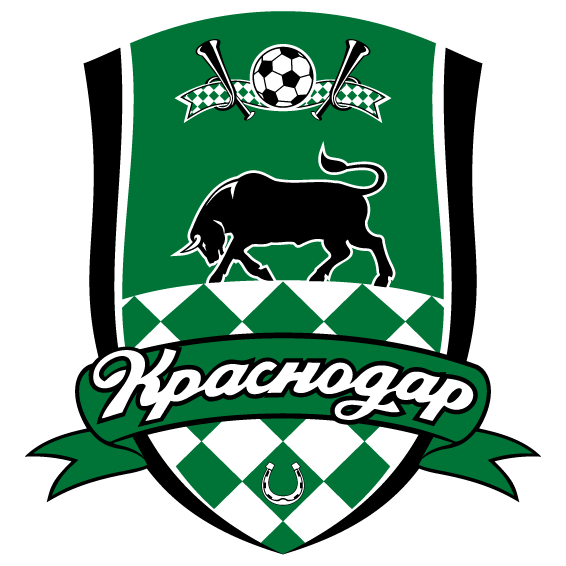
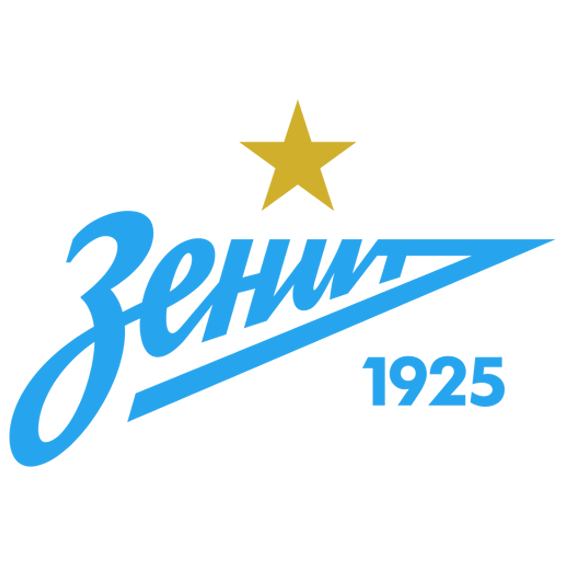


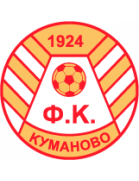
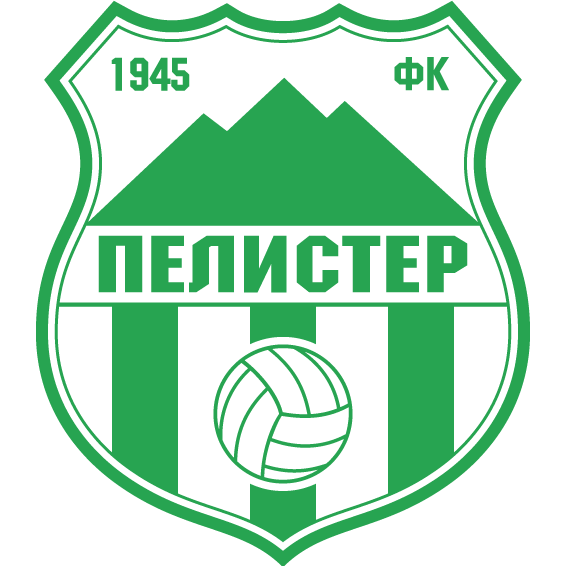
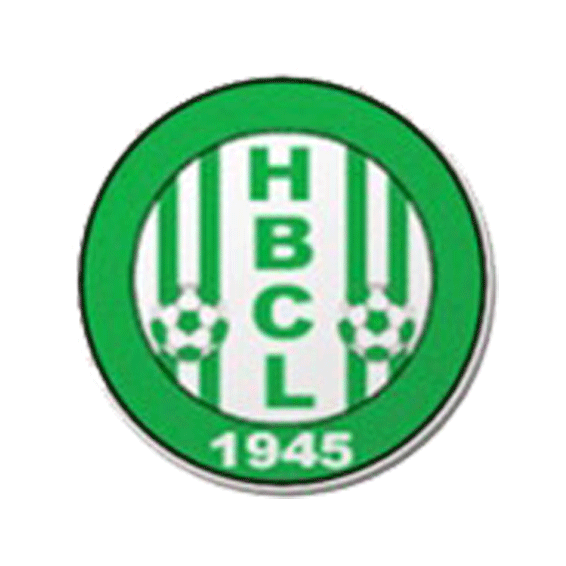



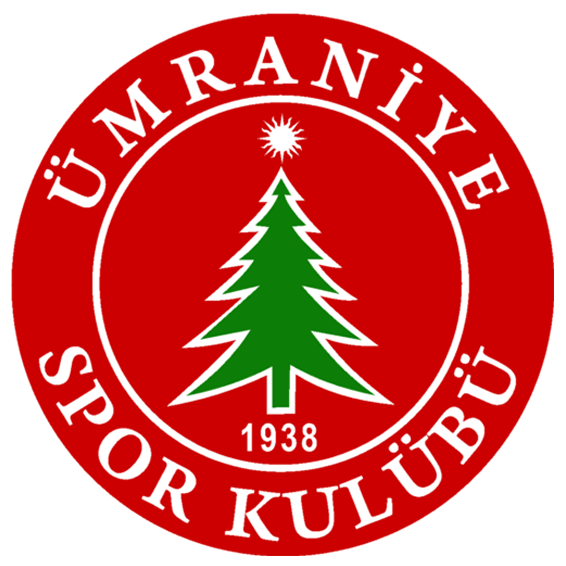
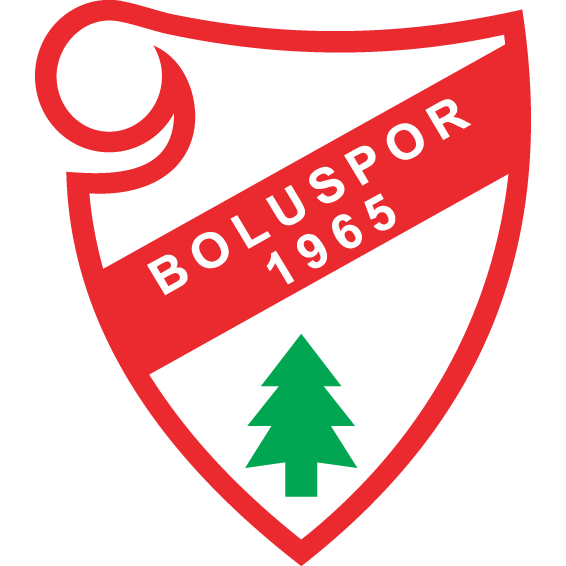
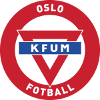
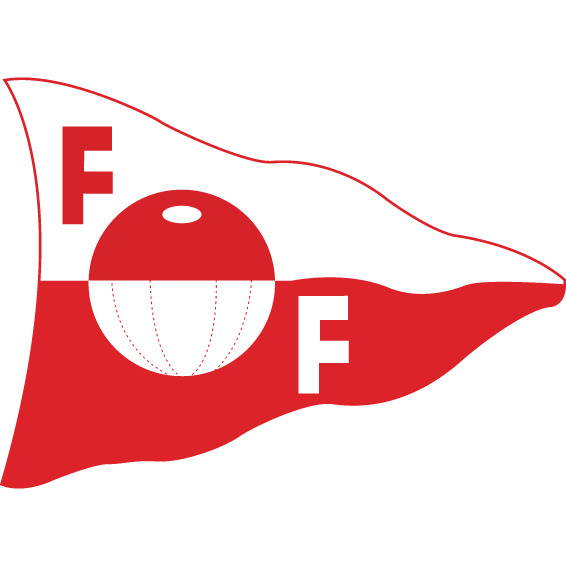
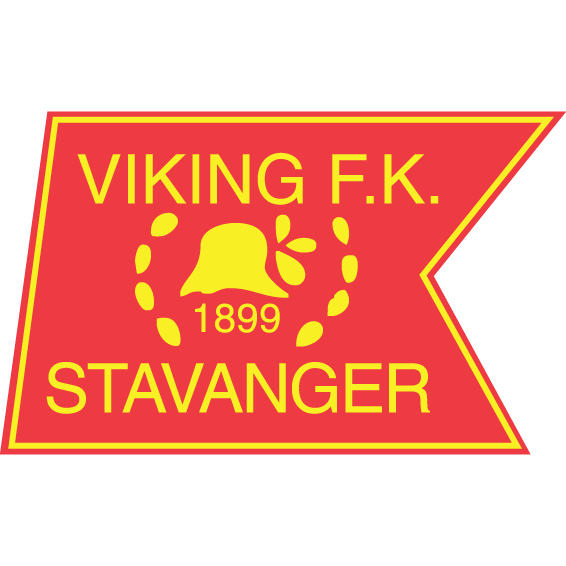
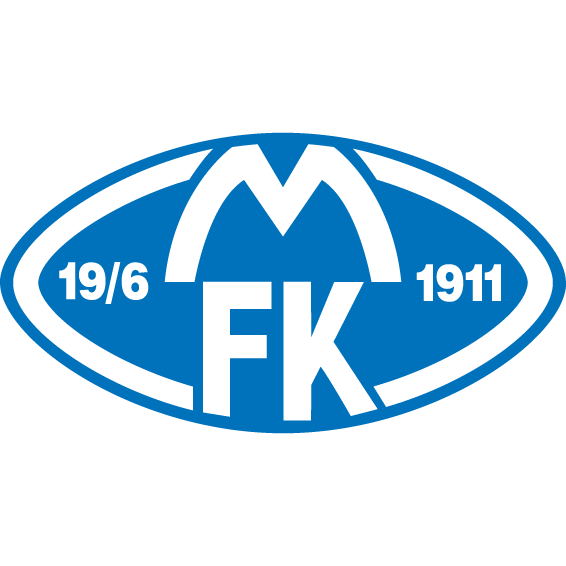










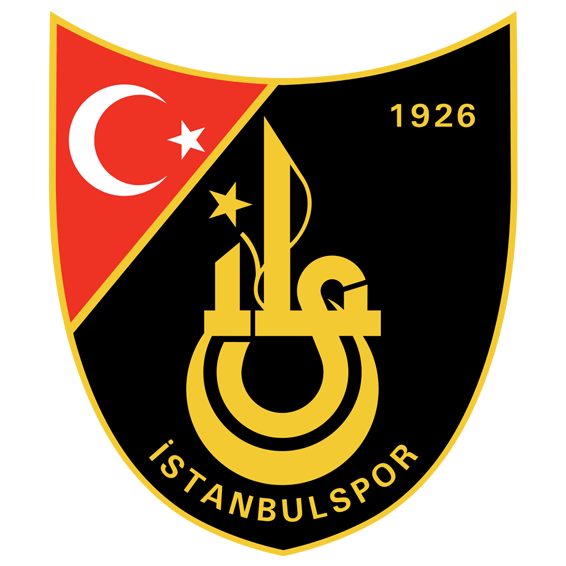
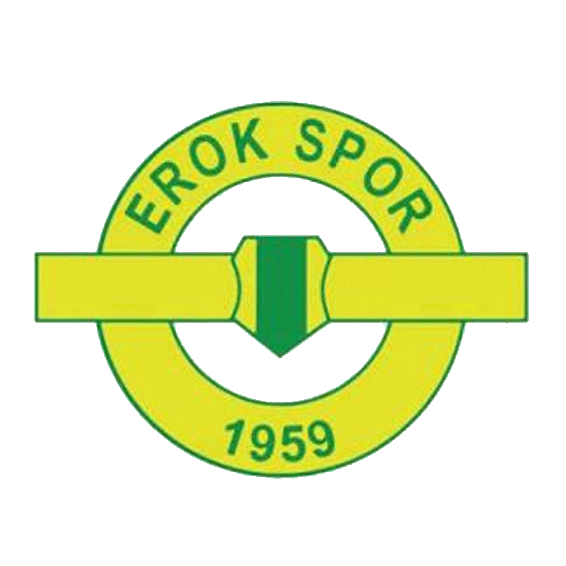



























There are no comments yet. Be the first to comment!